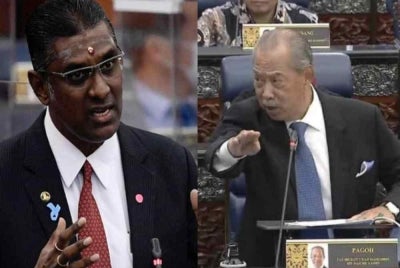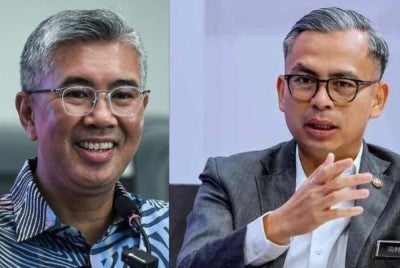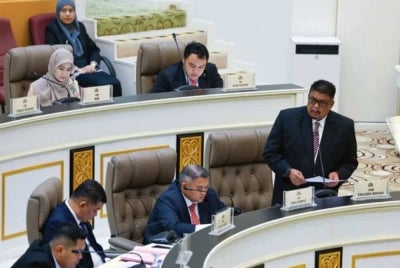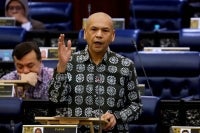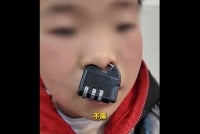Amidst AVR and Undi18, equality of votes remains a big issue
The EC must ensure that the number of voters in the constituency is approximately equal and reduce malapportionment.

SHAH ALAM - The inequality of the number of voters between constituencies at the Parliamentary and state seat level will reduce the power possessed by young voters.
Sunway University political scientist from Jeffrey Sachs Center on Sustainable Development (JSC), Dr Wong Chin Huat said the significant difference in the number of voters between constituencies is a big issue that needs to be addressed if the country is to reach political maturity.
He said the involvement of youth during elections through the implementation of Undi18 and automatic voter registration is not sufficient to declare that the political system in Malaysia has reached its peak.
“For example, a youngster from Tenang Segamat named Siti Nurul who is now a student at Universiti Teknologi Malaysia (UTM) had to move to Skudai, Johor.
“The number of voters in Skudai is three times more than the number of voters in Tenang. So Siti Nurul moved to Skudai but the value of her ballot paper dropped to only one third.
”It became a big problem because she lives in an urban area but her vote weighs only one third from when she was in a rural area,” he told Sinar Harian during an interview.
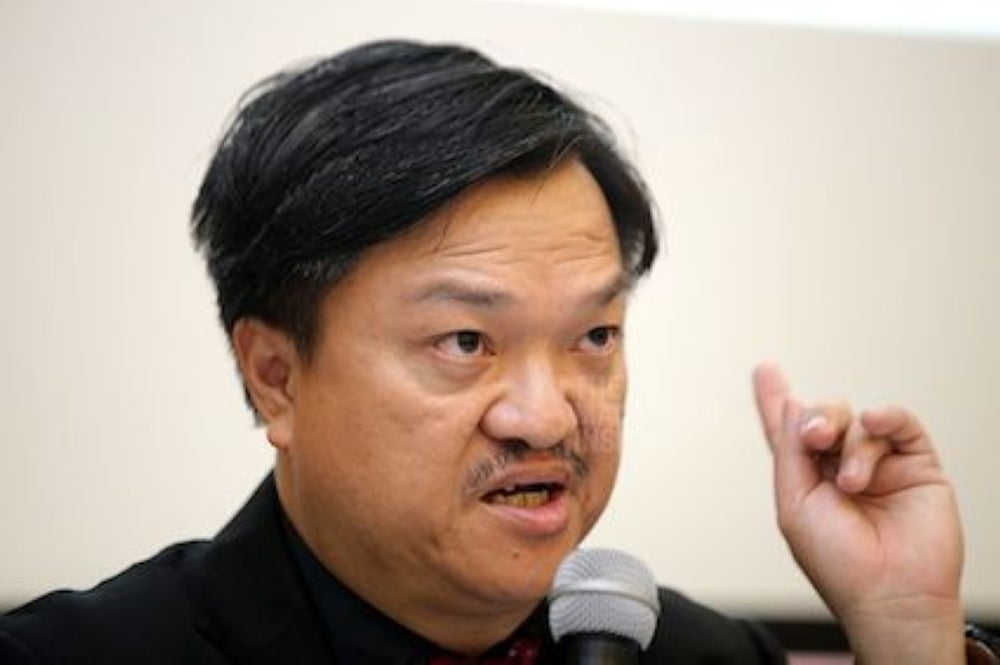
Chin Huat explained the matter of ensuring the equal number of voters is under Article 113 (2) and Section 2 (c) of the Thirteenth Schedule of the Federal Constitution.
The article stated that the Election Commission (EC) needs to make sure the number of voters at the constituency is near equal and to reduce malapportionment.
Chin Huat said the issue of equality of voters between constituencies can no longer be linked to the issue of reducing the voting power of the Malays as the implementation of automatic voter registration and Undi18 has increased the involvement of the Malays in the election process.
“With the implementation of the automatic voter registration, the percentage of non-Malays in the electorate has declined. This is because when all the voters are summed especially the number of the youth, there is a higher percentage of Malays and they will become the majority in most places,” he said.
He explained that the issue of voting power equality has switched from competition among races to competition among urban and rural populations, of which the former consist of younger voters compared to the latter.
The high urbanization rate in Peninsula Malaysia has also caused young people who are the majority of the urban population to pay more attention to problems related to their quality of life, according to Chin Huat
He said, among the issues that the younger generation in urban areas is concerned with the most are the rising cost of living, limited employment opportunities, unaffordable housing prices and the rising wealth gap.
“These are the problems that will be the focus and we can see that the issue of race is fading with times
“It is not because are people becoming more liberal but the issue of quality of life and cost of living transcends races, religions and languages,” he said.
Chin Huat also added that only half of the new voters involved in the Johor state elections is needed to cast their vote to allow the group to become the deciding factor.
Download Sinar Daily application.Click Here!

